
Assisting Russia's Transition: An Unprecedented Challenge
par
G Zanini
Pas encore d'évaluations
Business & Economics
Format
Broché
Pages
164
Langue
Russe
Publié
May 16, 2003
Éditeur
World Bank Publications
ISBN-10
0821354124
ISBN-13
9780821354124
Description
This work delves into the complex and tumultuous journey of Russia as it navigates through a period of significant transition. The author provides a comprehensive analysis of the socio-political and economic changes that have marked Russia's evolution, offering readers invaluable insights into the multifaceted nature of assistance during such a pivotal time.
Packed with detailed evaluations, the narrative examines various operational challenges faced by those supporting Russia's transformation. It closely considers the roles of both domestic and international stakeholders, highlighting the intricate relationships and dynamics that play a crucial part in shaping outcomes.
Zanini’s exploration stands out for its analytical depth, drawing from a wealth of empirical data to unravel the successes and setbacks that accompanied this unprecedented challenge. Readers are invited to reflect on the repercussions of these transitions, enriching their understanding of the broader implications for global politics.
Ultimately, the work serves as a vital resource for anyone intrigued by post-Soviet developments or the complexities of facilitating change in a nation with such a rich and complex history. This thoughtful examination is essential for grasping the nuances of transforming political landscapes and the lessons that resonate beyond Russia's borders.
Packed with detailed evaluations, the narrative examines various operational challenges faced by those supporting Russia's transformation. It closely considers the roles of both domestic and international stakeholders, highlighting the intricate relationships and dynamics that play a crucial part in shaping outcomes.
Zanini’s exploration stands out for its analytical depth, drawing from a wealth of empirical data to unravel the successes and setbacks that accompanied this unprecedented challenge. Readers are invited to reflect on the repercussions of these transitions, enriching their understanding of the broader implications for global politics.
Ultimately, the work serves as a vital resource for anyone intrigued by post-Soviet developments or the complexities of facilitating change in a nation with such a rich and complex history. This thoughtful examination is essential for grasping the nuances of transforming political landscapes and the lessons that resonate beyond Russia's borders.
Avis
Aucun avis pour le moment
Soyez le premier à donner votre avis sur ce livre et partagez vos pensées
Ajouter le premier avisJournal de lecture
Aucun journal de lecture trouvé
Commencez à suivre vos progrès de lecture pour voir les journaux ici
Ajoutez votre premier journal de lectureNotes
Journal des transactions
Aucun journal de transactions trouvé
Commencez à suivre vos transactions de livres pour voir les journaux ici
Ajoutez votre premier journal de transactions




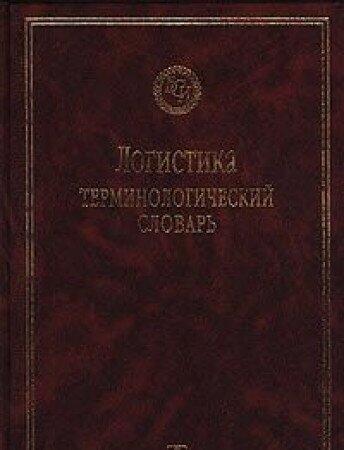
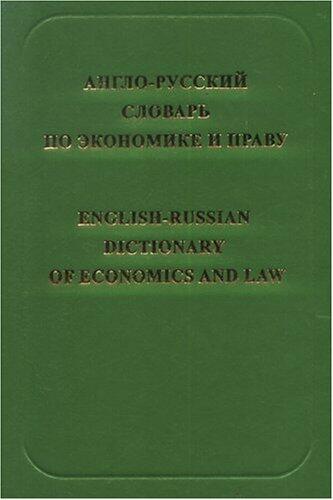
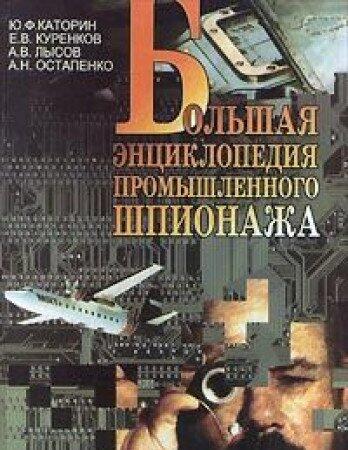
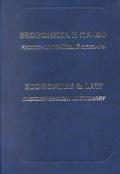

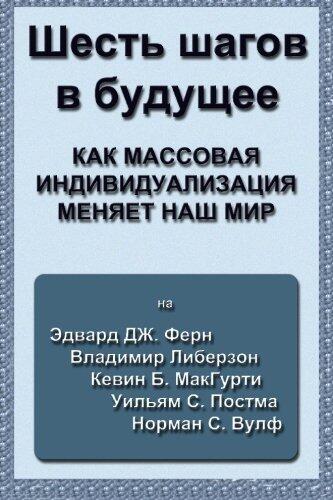
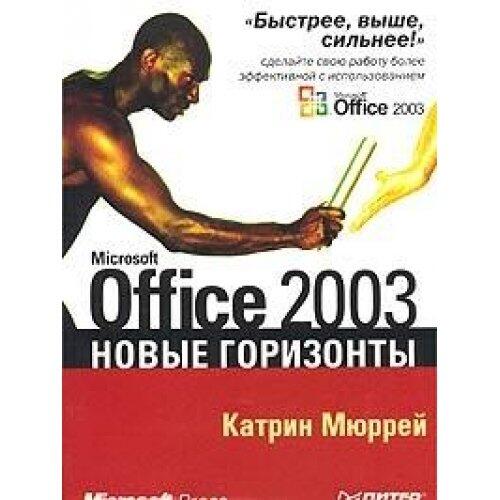



![Kommunikativnye tekhnologii v obrazovanii, biznese, politike i prave. [Communications Technology in Education, Business, Politics and Law]](https://images.bookpine.com/f20e9b0d-8f29-43c2-a305-652b1f92bfa8.jpg)



